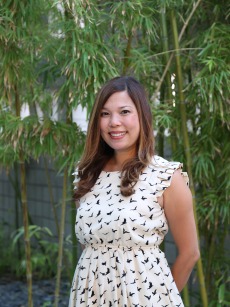
Dr. Barrios’ scholarship focuses on urbanism and narrative, with concentrations in the global 19th century, the contemporary Southwest city, and literature. Her current scholarship investigates London-Pacific trans-urban imaginaries—geographies of East Asian Pacific Rim entanglement with the British capital. Dr. Barrios specializes in the emerging field of urban humanities, activating stories of place and culture in interdisciplinary, socially engaged projects through a wide array of partnerships within the public humanities.
She is founder of LitLabs, a hub fusing site-specific research with the interpretation of literary texts, in order to document, animate and uplift the life-worlds of communities who read them. LitLabs are the subject of her upcoming book, Dear Charles Dickens, Love South LA (under contract, University of Iowa Press), about how she centered the history and daily life of South LA teens in creative engagements with the nineteenth-century long-form novel. Recent LitLabs include the project Book of the City, multimedia Borderlands translations of Charles Dickens’ David Copperfield (1850), and Dear Iola, Love South LA , a digital film festival inspired by Frances E. W. Harper’s Iola Leroy (1892), created within a year (2020) of historic upheaval.
Dr. Barrios has curated and implemented multi-format exhibitions on urban histories, literature and experimental spatial design methods at multiple sites (public schools, galleries, universities, community centers) and across multiple platforms (installations, film festivals, sonic archives). She co-leads the inaugural Urban Humanities Network for global scholars and practitioners engaged in spatial transdisciplinary research, co-founded the DIGITAL SALON with UCLA’s Urban Humanities Initiative, and most recently, is involved in creative place-keeping initiatives centered around the historic El Pueblo Neighborhood Center and Tucson’s Southside.
At the UArizona, Dr. Barrios is also a core faculty member for the minor in Asian Pacific American Studies, a Faculty-in-Residence at the Asian Pacific American Student Affairs (APASA) and is a founding member of the APA Faculty Network, a new faculty affinity group aimed at raising visibility for AAPI-identifying UArizona faculty on campus.
Dr. Barrios holds a PhD in English from the University of California Los Angeles, a Master of English from the University of California at Irvine, a Master of Education and a BA in English from the University of California at Berkeley. She has been a veteran educator at LAUSD, where she has served as a public-school teacher for many years in South Los Angeles.

